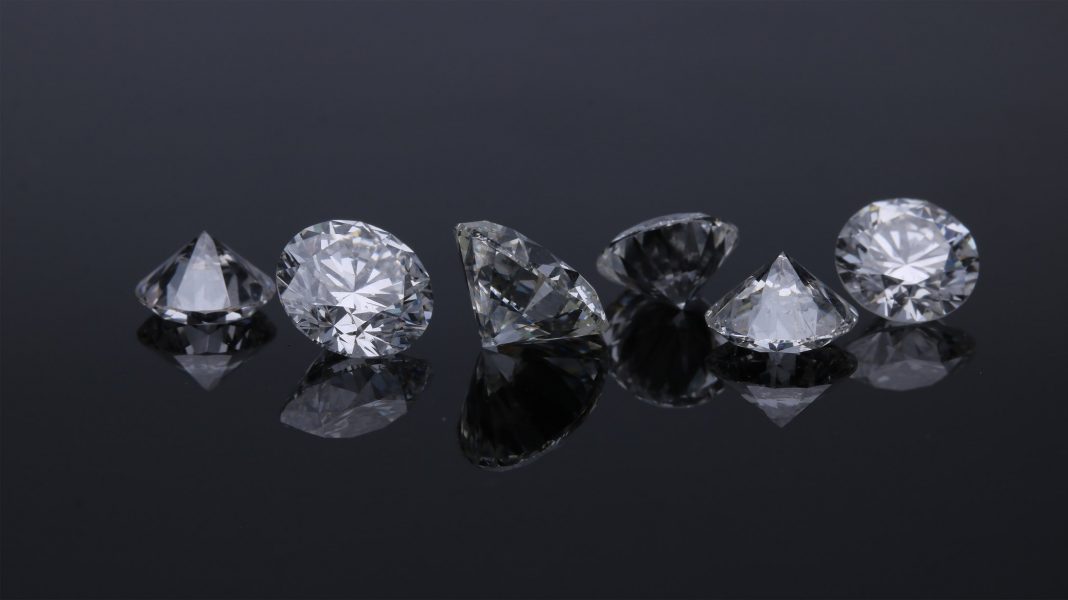More than two-thirds of respondents to the CGS 2019 U.S. Consumer Sustainability Survey consider sustainability when making a purchase, and are willing to spend more on sustainable products. For soon-to-be wed couples who are new to the idea and want to have a sustainable and ethical wedding, it can be stressful knowing where to start. But it doesn’t have to be. In fact, ensuring that the diamonds in the engagement ring are ethically sourced is the perfect start, and this can be achieved by considering unique lab-grown alternatives.
The issues of conflict diamonds
Ring shopping is an exciting experience for any couple, but there’s more to think about than just size and cut preferences when looking to make an ethical purchase. In fact, while more than 99% of diamonds sold today are ethically sourced, according to the World Diamond Council, it’s important to realize that not every diamond is conflict free. Essentially, a conflict diamond is a diamond that has unethical origins, which can leave a number of negative impacts on both humans and the environment. Often coming from areas affected by war, these diamonds may also have involved the use of child laborers, or they may be a result of illegal trade — not to mention that these diamonds may not have been mined under the proper protocol when it comes to environmental protection. As a result, purchasing a conflict diamond not only has a negative effect on human rights, but it impacts the environment as well.
A modern solution?
While the Kimberly Process works to prevent conflict diamonds by requiring paperwork that details a diamonds origins, there is another option to consider when it comes to shopping for an ethical ring, and that is considering those created in a lab. Diamonds that are grown in a lab can certainly help where unethical practices are concerned. Moissanite engagement rings use diamonds that are rather than being mined from the earth, are created by a machine instead. And, chemically speaking, lab-grown diamonds are identical to the real deal, bringing an added benefit to those looking to buy. Due to their unique benefits and an increasing concern for making more ethical purchases, many are choosing to turn to lab grown alternatives. In fact, in addition to celebrities like Meghan Markle sporting lab-grown diamond earrings, an impressive 70% of millennials are considering purchasing a lab-made alternative as well, proving that the ethical alternative is growing in popularity.
With more people taking factors like sustainability into account when shopping, it’s important to realize that shopping for diamond jewelry is no different.Lab-grown diamonds offer consumers a unique alternative that they can feel good about purchasing and wearing.


